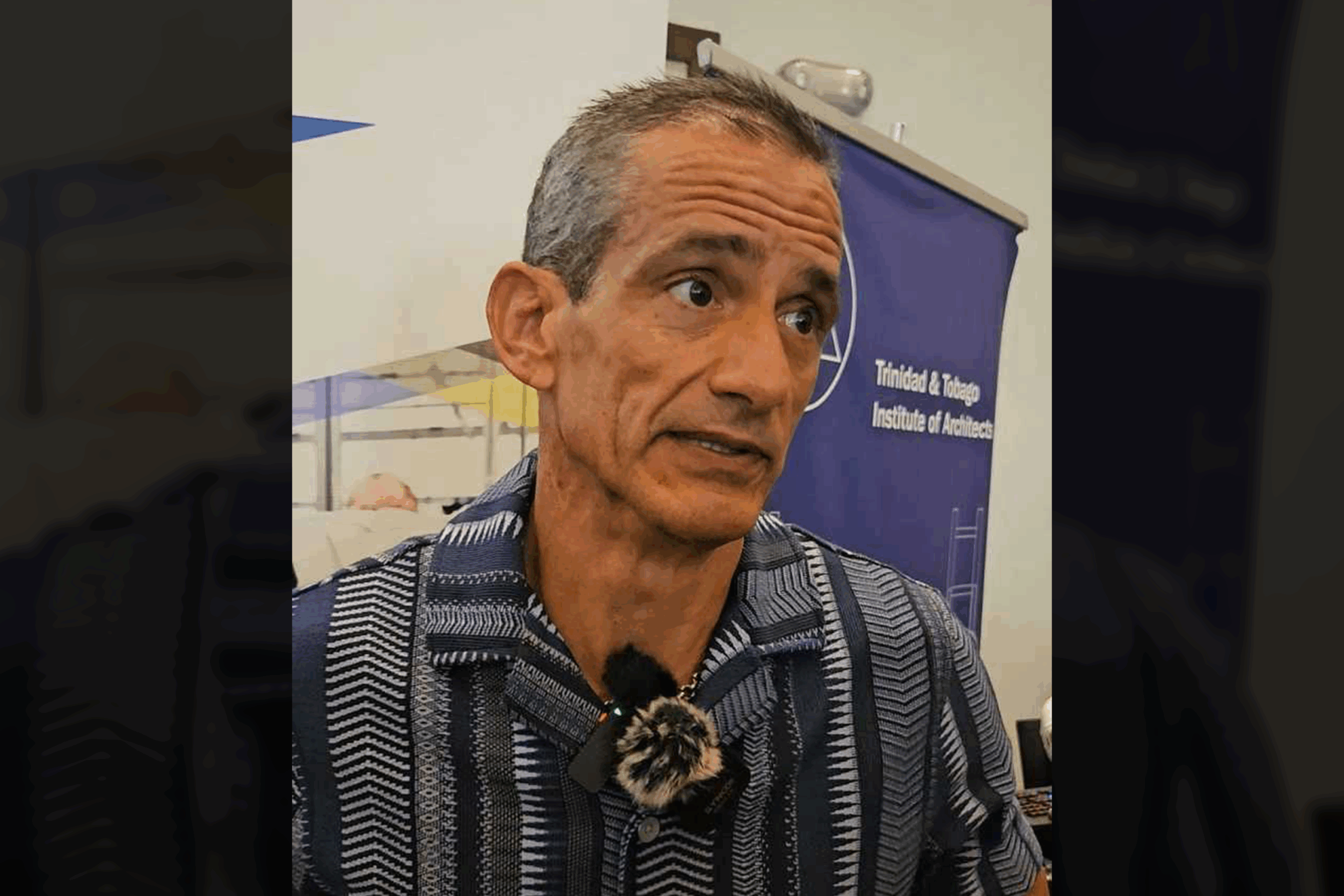As Barbados prepares for the implementation of the CARICOM free movement agreement with Belize, Dominica, and St. Vincent and the Grenadines, the construction industry is sounding the alarm over a deepening labor shortage. Mark Maloney, Executive Chairman of the Maloney Group, highlighted the challenges his businesses face in securing enough workers to meet demand. He emphasized that while technology and innovation can mitigate some issues, the industry must also address regulatory and oversight concerns to ensure the successful integration of regional and international labor. Maloney stressed the importance of proper work permits, fair treatment, and suitable living conditions for workers, warning that bringing in the wrong individuals could exacerbate societal issues like crime. The free movement initiative, set to begin next week, allows citizens of the four nations to live and work across borders without permits. However, Maloney cautioned that its success hinges on creating sustainable and attractive employment opportunities. He also underscored the need for innovation in construction practices to make the sector more appealing and productive. Meanwhile, Henderson Eastmond of the Technical and Vocational Education and Training (TVET) Council warned that rising salaries alone cannot resolve the labor crisis, as cultural attitudes and an education system that undervalues vocational training continue to deter young Bajans from the trades. Despite these challenges, there are signs of renewed interest in construction courses, driven by government scholarships and initiatives aimed at strengthening the workforce.
